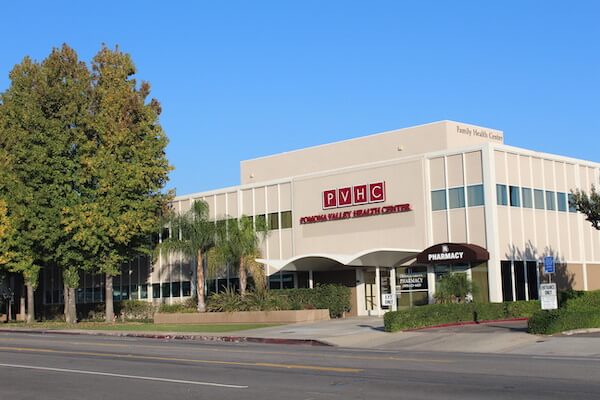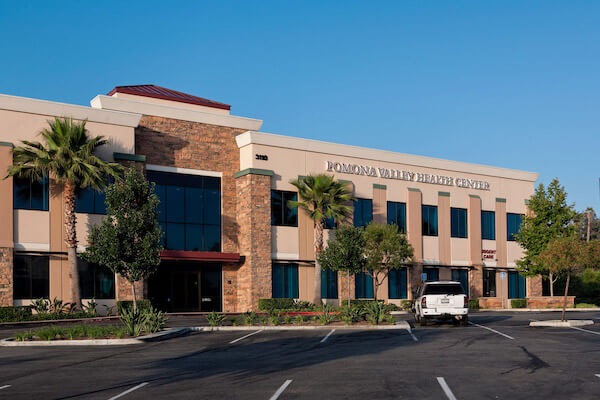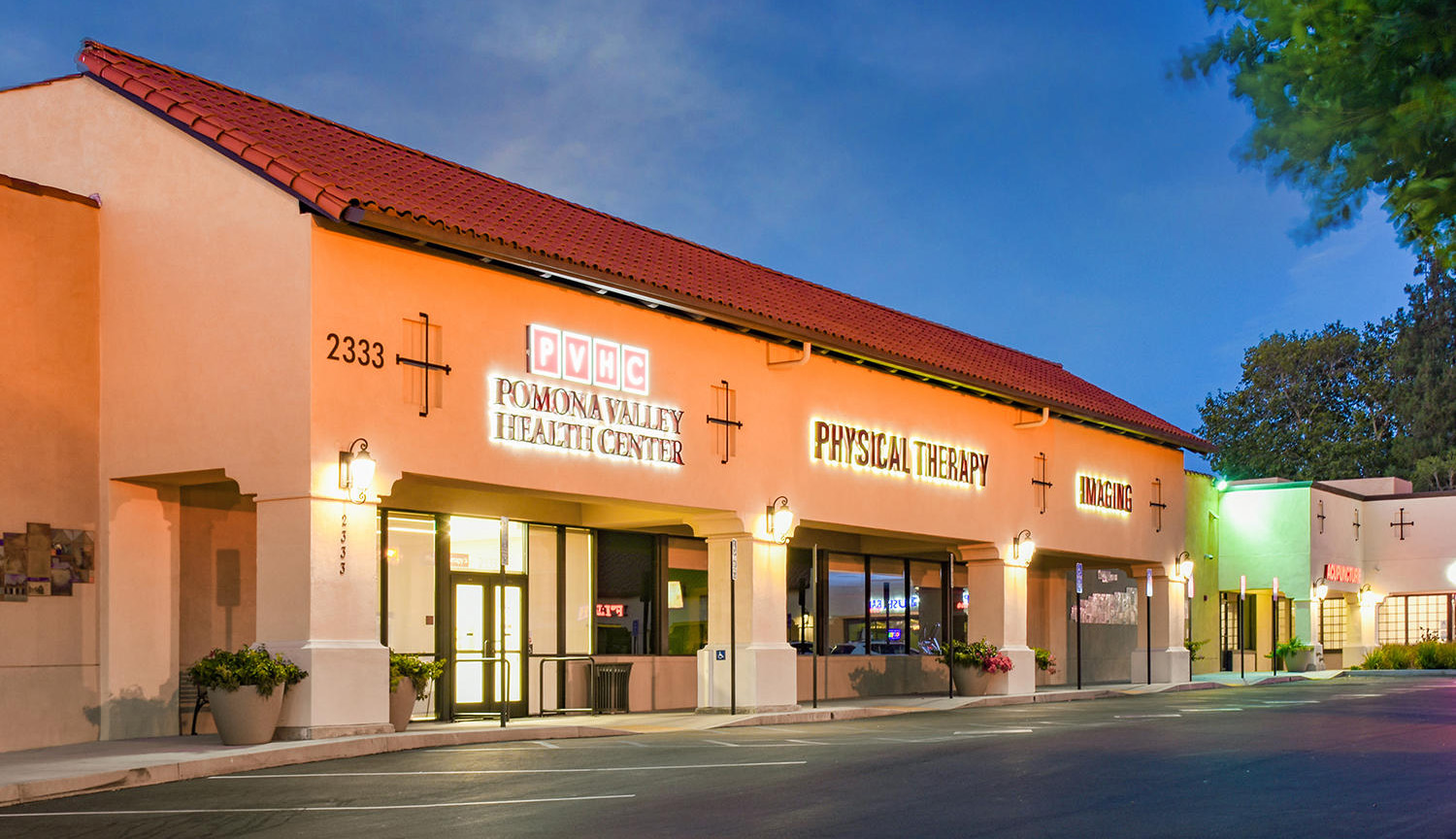
Alzheimer’s is a progressive mental deterioration most often occurring in people who are middle or old aged. As this disease progresses, it destroys memory and other important mental functions. While there is no known cure for Alzheimer’s, there are medications that may temporarily slow its progression and improve the quality of life for anyone diagnosed with this disease.
People may experience one or more of these symptoms in varying degrees of seriousness. If you experience any of them, please contact your doctor. These include:
One of the most common signs of early Alzheimer’s is short-term memory loss and increased reliance on memory aids or family members for things they used to remember on their own. Temporarily forgetting names or appointments is a typical age-related change and should not be confused with early Alzheimer’s.
Challenges like difficulty following a plan or familiar recipe, or an inability to work with numbers and manage household expenses can be a sign. Those suffering from early Alzheimer’s also have difficulty concentrating and take longer to complete tasks than before. Occasional errors while balancing a checkbook is typical as people enter middle and old age.
Sometimes in early Alzheimer’s, people may have trouble driving to a familiar location, managing a budget, or remembering the rules of a favorite game. Occasional help using a microwave or television is not considered a symptom of Alzheimer’s.
Alzheimer’s can cause people to lose track of dates, seasons and the passage of time. They may also experience difficulty understanding when something is happening (especially if it isn’t happening right at that moment). Some may also struggle with knowing where they are or how they got there.
Trouble understanding visual images and spatial relationships is a sign of Alzheimer’s. People may also have a difficult time reading, judging distance and determining color or contrast.
Stopping in the middle of a conversation with no idea how to continue, struggling with vocabulary and having difficulty finding the right word for things are all signs of early Alzheimer’s. This is not to be confused with sometimes having a difficult time finding the right word to use.
People struggling with Alzheimer’s disease often put things down in unusual places. Inevitably these items get lost and the person suffering from this disease is unable to retrace their steps and often accuses someone of stealing.
Using poor judgment with regards to money and less concern with personal hygiene are more common signs of Alzheimer’s. If you suspect a loved one might have this disease, pay close attention to how they spend their money.
People may intentionally withdraw from engaging with other people as a result of the changes they have experienced.
Confusion, suspicion, depression, fear or anxiety may be a secondary symptom of Alzheimer’s, especially when the person is still aware of what is happening.
At Pomona Valley Health Centers, we offer advanced digital radiology exams that can detect Alzheimer’s disease and dementia. Call 909-630-7829 for more information or to schedule an appointment.




